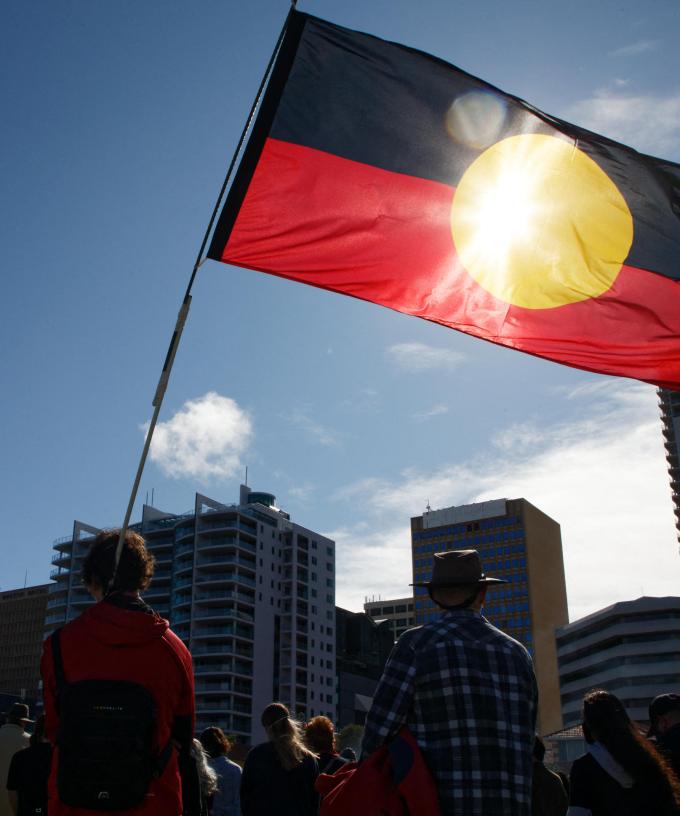Parliament has voted to set up the Indigenous voice referendum, paving the way for the public poll later this year.
The Senate passed laws on Monday to enable the referendum 52 to 19, and set out the proposed constitutional change, should the referendum be successful.
The vote now means the referendum will be held in the next two to six months, with the government already having flagged it would take place between October and December.
The bill passed without any amendments. Co-chair of the Uluru Dialogue Megan Davis said the bill passing was an historic moment.
“We’re closer to a referendum to finally give First Nations Peoples a chance to be heard,” Prof Davis said.
“This is the recognition we’ve been fighting for and what the vast majority of First Nations People support. The significance of this moment cannot be overstated.”
Paul Ramsay Foundation Chief First Nations Officer Michelle Steele, who travelled to parliament for the vote, said there was a feeling of excitement and optimism among ‘yes’ campaigners.
“This is an opportunity for us to really demonstrate that we are committed to this country, this is our country,” she told AAP.
“I want to say to broader Australia, please just listen to us and that’s the most important thing about the voice.
“Some details might come later but it is a really a great opportunity for us to share this love of country.”
While the coalition have spoken out against the Indigenous voice, most senators voted to set up the referendum to allow the public to have their say.
Liberal senator Michaelia Cash told parliament while she voted for the referendum bill, she described the Indigenous voice as “risky, unknown and divisive”, while independent senator Lidia Thorpe said it would be “tokenistic” and would not address issues impacting Indigenous people.
“Happy assimilation day, everybody. Many clans and nations around this country do not support assimilating into such a racist, colonial regime and we will continue to push for our sovereignty to be acknowledged,” she said.
Labor senator Murray Watt said the significance of the day was as “big as Uluru”.
Some coalition members were designated to vote against the bill, in order to allow them to outline arguments for a ‘no’ vote in pamphlets which will be sent out to all Australian households.
Among those who voted ‘no’ in the chamber was opposition Indigenous Australians spokeswoman Jacinta Nampijinpa Price, Nationals senator Bridget McKenzie and Senator Thorpe.







